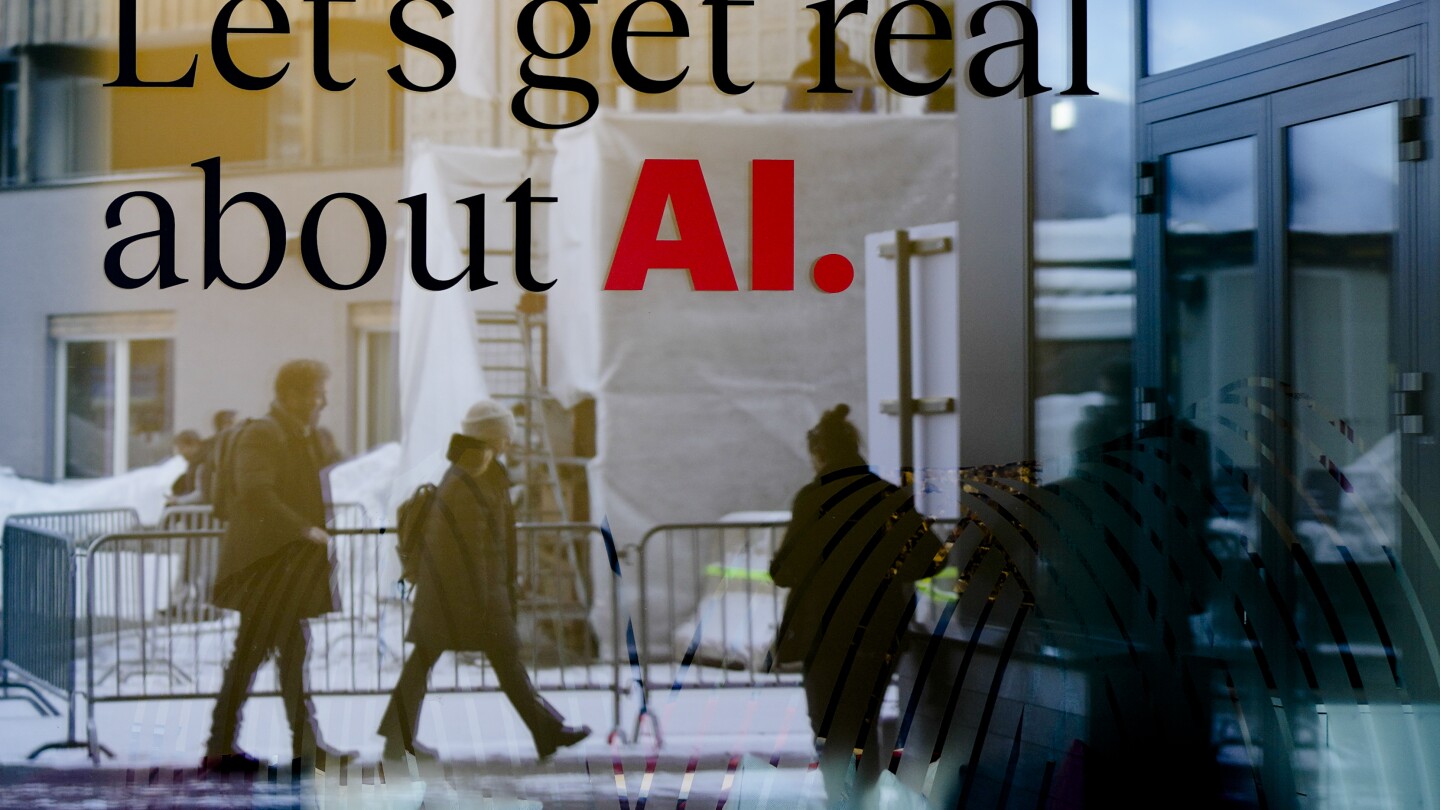Artificial intelligence is supercharging the threat of election disinformation worldwide, making it easy for anyone with a smartphone and a devious imagination to create fake – but convincing – content aimed at fooling voters.
It marks a quantum leap from a few years ago, when creating phony photos, videos or audio clips required teams of people with time, technical skill and money. Now, using free and low-cost generative artificial intelligence services from companies like Google and OpenAI, anyone can create high-quality “deepfakes” with just a simple text prompt.
A wave of AI deepfakes tied to elections in Europe and Asia has coursed through social media for months, serving as a warning for more than 50 countries heading to the polls this year.



Such demagoguery as the latter is the rule rather then the exception in many if not most countries in the world, the US included.
With everything to gain and hardly ever anything to lose by doing so, knowingly misrepresenting the truth or outright lying is something that almost all successful politicians do.
Until it’s disincentivized strongly by strengthening rules and actually enforcing existing ones, the trend of disinformation being the norm will only accelerate.